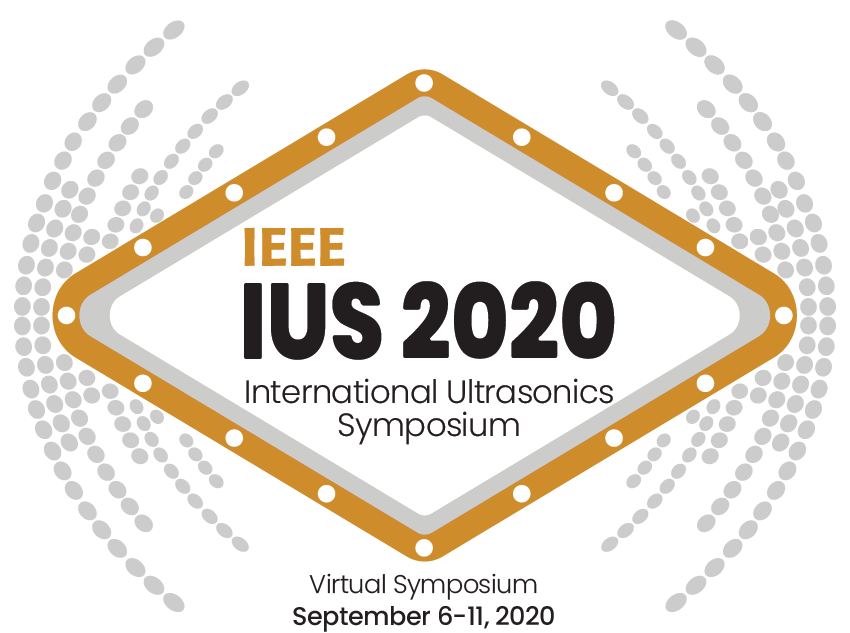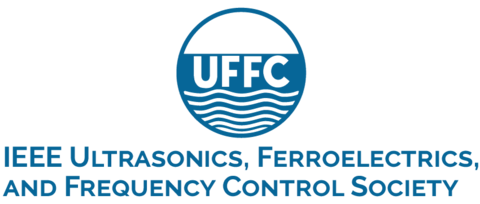Abstract
Viscoelastic Response (VisR) ultrasound is a new, noninvasive method for interrogating the elastic and viscous properties of tissue by observing, in the region of excitation, tissue displacement in response to successive acoustic radiation force impulses. Unlike Acoustic Radiation Force Impulse (ARFI) methods, VisR evaluates both elastic and viscous properties. Unlike methods that monitor shear wave propagation, VisR avoids the potentially confounding effects of wave reflection and attenuation and spatial averaging. Recent VisR technology advancements now enable, via machine learning approaches, quantitative evaluation of elastic and viscous moduli as well as estimation of mechanical anisotropy and texture. In this talk, the methods of VisR data acquisition and processing will be described, and VisR outcome measures will be validated against known standards. Further, the diagnostic relevance of VisR outcome measures will be demonstrated. In application to renal disease, it will be shown that VisR differentiates injury-induced inflammation and fibrosis in vivo in a pig model and, in human translation, interrogates renal allograft status over time. In application to musculoskeletal disease, it will be shown that VisR differentiates dystrophic from control muscles in boys with Duchenne muscular dystrophy versus age-matched control boys. In application to breast cancer, it will be shown that VisR distinguishes malignant from benign breast masses. Finally, with numerous and varied new clinical applications on the horizon, future directions for VisR technology development will be discussed.











